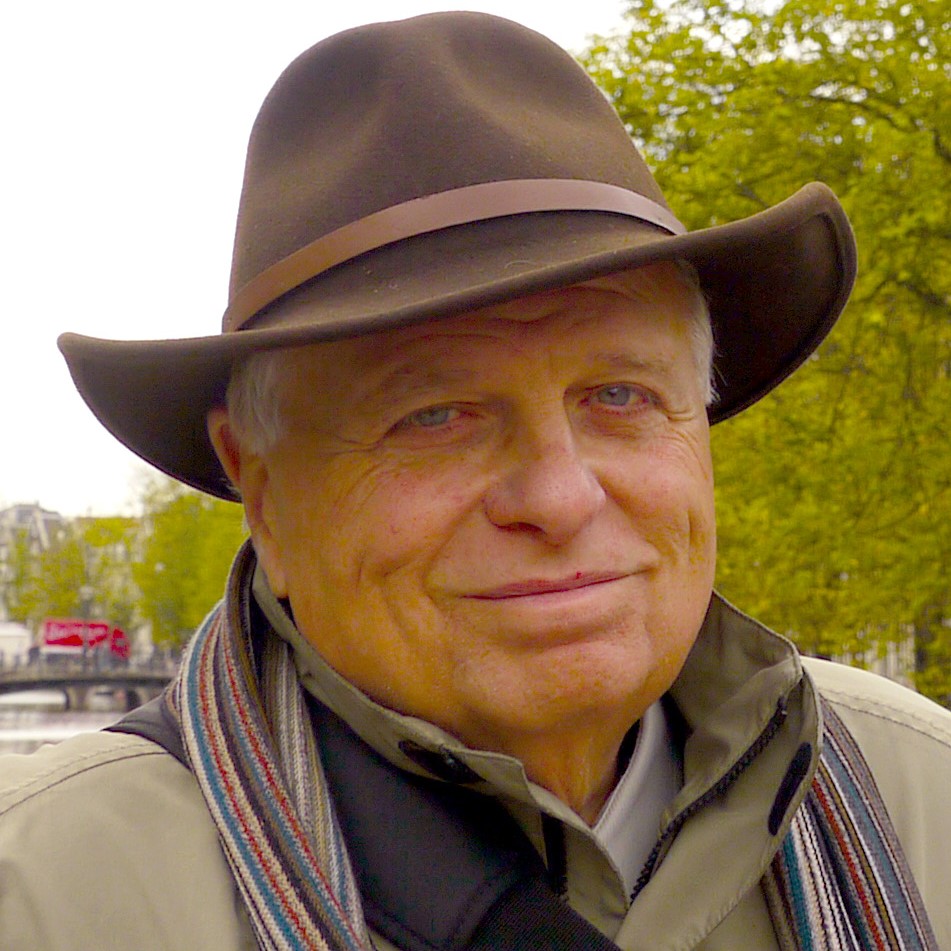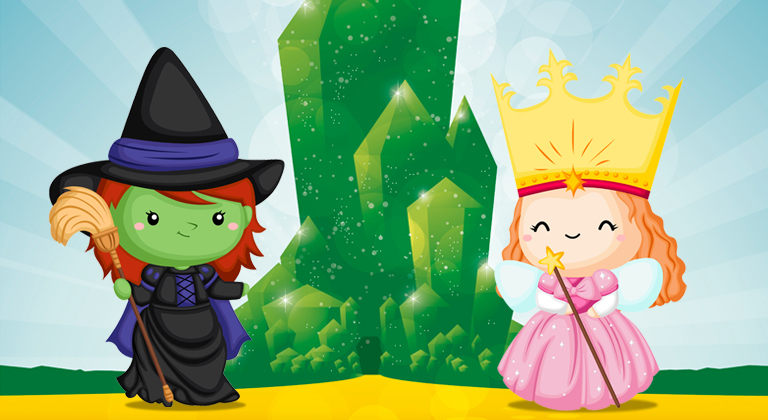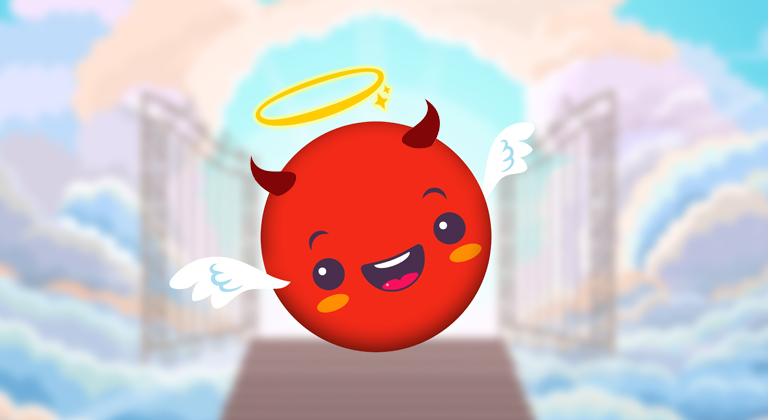A Writers Life – Mistakes I’ve Made Along the Way
After over 30 years in advertising, M.G. Crisci got a late start to his writing career, but has already published a dozen books in the last decade. Along the way, he’s managed to distill his vast pool of knowledge, pulled from both his successes and failures, into a set of life lessons that can help both young and experienced authors figure out who they are and where they’re going. There’s a bit of advice on a wide variety of writing related topics here, which means almost everyone will find something useful from reading his words.
My story is the same as so many authors, and yet quite different, since I didn’t complete my first book until the age of 61. It’s ten years later, and I think I’ve learned a thing or two along the way that might be worth a read.
KNOW WHO YOU ARE
When you are about to write your first book, or are further along, know precisely how you want to position yourself as a brand to your readers. I spent 30+ years in Advertising Agencies creating communication platforms and developing unique selling propositions for some of the world’s most well-known brands.
One of the key lessons learned? Without a clear brand vision, and the passionate comprehension of such, you’ll remain lost in the forest of mediocrity. In my case, I distilled my literary brand vision to 13 words:
The World of M.G. Crisci.
Stories that entertain. People you’ll remember. Literature that matters.
KNOW WHY YOU ARE
When you read one of my stories—all based partially or entirely on true events and real people—I want you to feel as though you’ve entered a world unlike any other writer. Mine have been enriched by interesting people, unpredictable experiences, and breathtaking roller coaster rides. My world connects the dots in my journey to an unknown destination.
I must admit, as a stand-alone, the “World of M.G. Crisci” sounds egocentric. But, when juxtaposed against the other nine words, it feels right to me. And, in the end, a writer must be true to thyself.
ALWAYS RESPECT YOUR READER
I want readers to know I respect their investment of time in one of my stories; hence, “Stories that entertain,” regardless of whatever genre they are reading. My tenth book, Project Zebra: Roosevelt and Stalin’s Top-Secret Mission to Train 300 Russian Pilots in America, is a good example of how even military history can be entertaining to the general reader.
From the outset, I knew there were thousands of books about World War II. But, through an unplanned set of discoveries, I was able to document and describe in human terms, the only instance in history where hundreds of American and Russian flying aces trained side by side in America to complete a top-secret mission to topple Hitler. In the process, these men overcame language barriers and cultural stereotypes, learned to respect and trust each other, and became lifelong friends despite the Cold War.
CLARITY IS ALWAYS KING
Thirty years of making television commercials taught me one universal communications truth: Clarity is King. My reader may want to think about what I just said, but I never want my reader to wonder what the hell I just said.
I was asked what my voice was, so I began a frantic search for the perfect literary influences and inspirations. After a period of fruitless introspection, I realized an obvious truth: my writing skills had always been about being approachable, generating vivid world pictures, and shaping persuasive dialogue. When readers read a Crisci story, I want them to feel like I’m sitting next to them, reading with them.
In the final analysis, I question whether voice is anything more than a cliché handle for the literati. I prefer to think of writing as a timeless craft. What about you?
THERE IS NO SUBSTITUTE FOR A MEMORABLE PROTAGONIST
I believe two things about people:
- We are flawed human beings; and, to one extent or another, we are products of our backgrounds and life experiences.
- When it comes to making choices, we live in a world of black, white, and gray; and, there’s a cloud locked inside every judgment.
That’s why I believe the most memorable protagonists have a bit of all three worlds in them. The reader may agree or disagree with their choices, but the writer’s goal should be to make his/her primary characters People You’ll Remember.
Put another way, an estimated 107 billion homo sapiens have made earth their home during the last 200,000 years. I believe every possible human emotion has been experienced, told, and documented. So, my challenge as a storyteller is to make each protagonists’ journey through their truth unforgettable.
THINK OF LITERATURE AS YOUR LEGACY
Unlike the end product of many professions, books have the potential for a long shelf-life. When I begin a project, my goal is not to complete a book; my goal is to create a piece of art that has the potential to endure, long after I’m gone, because of its universally relevant content and timeless, approachable style. Simply put, I believe the best literature is literature that matters.
I recognize creating literature that matters is not for everyone; it shamelessly shatters the rules of commerciality. There are no cookie-cutters, no super-heroes; just emotional veritas delivered unexpectedly. If that’s not enough of a turnoff, literature as legacy is a lonely place. You are writing for an audience of one.
ALWAYS BUILD COMPELLING BRIDGES AND UNMISTAKABLE HOOKS
Just when you may think you’re done, it’s now time to employ a disciplined process to go from good-to-great.
When I’ve completed my story (about 330-400 pages), I reread to ensure that the beginning of each chapter has a compelling soundbite (like the headline in a memorable ad) that commands your attention. I also make sure the end of each chapter has an unmistakable hook that drags you to the next chapter. It always amazes how this process creates so many surprising additions and changes.
THERE IS NO SUBSTITUTE FOR GOOD EDITORS
In my case, I employ two for distinctly different reasons.
The 30-year veteran Robin is what I call my big picture editor. She does some grammatical stuff, but her primary role is to make sure my story is literature ready. She brutally cuts and slashes until my baby is bruised and battered. Fixing Robin’s edits means at least two more weeks in literary hell.
Once that painful exercise is complete, enter Holly, another two-decade veteran editor. She is my nuts-and-bolts fixer. It is amazing how many grammatical mistakes and social faux pas she finds. She demands I review and I understand each change. In the end, attention to detail serves everyone well from the critical reviewer to the savvy reader.
THERE IS NO SUCH THING AS WRITER’S BLOCK
Passion breeds commitment. Commitment means adherence to a worth ethic. Writing literature is fun, but hard work. And, writer’s block is nothing more than an excuse for not wanting to work hard. Period. End of issue.
Writer’s block is also not an issue for me because, after 12 books, I have created a development process I can repeat in my sleep. Every book I write begins with a thoughtful discussion of a story before I commit a word — that may take days or weeks. There are no rules. I never approach the commitment to write 60,000 to 100,000 works casually.
Since all my works are based on true stories or are true stories, I don’t spend a moment worried about commercial appeal. I simply ask myself…. Will telling this particular story please me professionally? Have I done all the research or prep work necessary to create a first-class end product?
With these “minor details” completed, I develop a detailed roadmap that I am confident will change many times during my process. I embrace change; it means I’m alive and well intellectually.
From there I live by the axiom I think I’ve coined myself (not sure about that!).
“Dreaming big dreams is the easy part; making dreams come true is hard.”
Have a Great Life!











